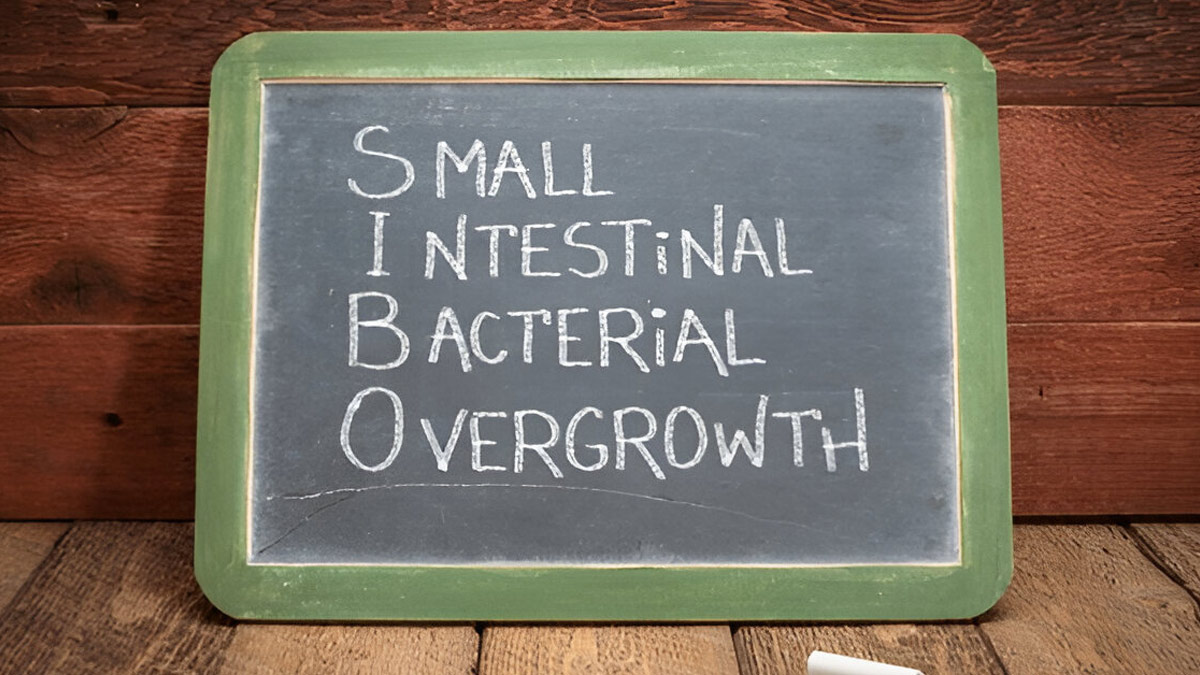
Passing gas is a normal part of life—we all do it, often without even noticing. But when it starts happening too often, smells worse than usual, or comes with other symptoms, it might be your gut trying to tell you something. Flatulence isn’t always just a funny or awkward moment; sometimes, it can point to an underlying digestive issue that needs attention.
Table of Content:-
We spoke to Dr Adarsh CK, Chief Consultant Gastroenterologist and Hepatologist, Gleneagles BGS Hospital, Kengeri, Bengaluru, who explained the warning, what's normal, when to worry, and the signs that gas could be more than just a harmless inconvenience.
According to Medicine and Dentistry, flatulence, commonly known as flatus or gas released through the anus, is studied scientifically under the field of flatology. Approximately 99% of intestinal gas consists of five components: nitrogen and oxygen, which are present in significant amounts in the atmosphere, and methane, hydrogen, and carbon dioxide, which are produced through bacterial metabolic processes in the colon. In humans, methane production occurs exclusively in the colon, where its partial pressure can reach up to 200 mm Hg.
Flatulence: What Is Normal?

Healthy adults typically expel gas between about 12 and 25 times a day; volumes vary but are usually modest. A sudden jump in frequency, persistent post-meal bloating, or gas that interferes with daily life are useful red flags. When foul odour arrives with weight loss, diarrhoea, blood in stool, or severe pain, the cause is less likely to be a simple dietary quirk and more likely to be a diagnosable disorder,” warned Dr Adarsh.
Several common conditions explain excessive or malodorous gas:
- Food intolerances: Lactose intolerance is a leading and familiar example: undigested lactose reaches the colon, where bacteria ferment it and produce hydrogen, leading to bloating, cramping, and gas shortly after dairy consumption. Diagnostic breath tests or an elimination-rechallenge approach clarify the picture.
- Small Intestinal Bacterial Overgrowth (SIBO): When bacteria that normally live in the colon colonise the small intestine, they ferment dietary carbohydrates earlier than they should, producing excess hydrogen or methane. Symptoms include bloating, belching, variable bowel habits, and sometimes nutrient problems, which often follow meals. SIBO overlaps with Irritable Bowel Syndrome (IBS) and requires breath testing or specialist assessment for diagnosis.
- Maldigestion and malabsorption: Conditions, such as exocrine pancreatic insufficiency, coeliac disease, or post-surgical states, impair breakdown or uptake of fats and carbohydrates; the result can be large-volume, foul-smelling stools, bloating, and increased gas. Tests for steatorrhea, pancreatic function, and celiac serology help sort these causes.
Diagnostics Tests Revealing Health Issues
Diagnosing the cause moves beyond guesswork. Hydrogen and methane breath tests, performed after a defined sugar challenge, are standard tools for detecting carbohydrate malabsorption and SIBO when used according to guidelines.

- Interpreting breath tests requires careful preparation and clinical context; false positives and false negatives occur if protocols are not followed.
- When breath tests are inconclusive or when alarm features exist, imaging, stool studies and blood tests provide the next layer of information.
- Consensus documents from gastroenterology bodies outline harmonised approaches to breath testing and interpretation.
Practical Fixes Help and When to Avoid Quick Fixes

Practical Fixes
- Eat slowly to help digestion
- Reduce fizzy drinks to minimise gas
- Keep a food-and-symptom diary to identify triggers
- Try a guided low-FODMAP diet under dietetic supervision for functional gas or mild intolerance
- Use targeted antibiotics or specific dietary strategies for confirmed SIBO
When to Avoid Quick Fixes
- Avoid indiscriminate use of probiotics, especially in SIBO, without clinician guidance
- Don't resort to diet extremes for malabsorption; instead, opt for enzyme replacement or disease-specific therapy under medical guidance.
When Should You Visit A Doctor?
Urgent consultation needed if:
- Unintentional weight loss
- Persistent diarrhoea
- Blood in stool
- Severe abdominal pain
- Fever
- New-onset systemic symptoms
Seek medical evaluation if:
- Daily life is impaired due to digestive symptoms
- Avoiding social situations
- Recurrent work absenteeism
- Anxiety driven by digestive symptoms
Also Read: Period Farts: Why Do You Feel Gassy During Your Periods? Here’s All You Need To Know
What to Expect from a Doctor's Visit
- Basic blood tests
- Stool tests
- Urine tests
- Possibly breath testing to determine the next step
Bottomline
Dr Adarsh concluded, “Flatulence is embarrassing; it is also common. That mix of shame and ubiquity makes it easy to ignore a problem until it becomes disabling. Listening to the pattern; what causes it, when it happens, and what else accompanies it—turns gossip into data. With a few targeted tests and sensible, personalised changes, most causes of troublesome gas are manageable. When in doubt, a measured clinical assessment separates harmless noise from signals that deserve treatment.”
[Disclaimer: This article contains information provided by an expert and is for informational purposes only. Hence, we advise you to consult your professional if you are dealing with any health issue to avoid complications.]
Also watch this video
How we keep this article up to date:
We work with experts and keep a close eye on the latest in health and wellness. Whenever there is a new research or helpful information, we update our articles with accurate and useful advice.
Current Version